The small town of Bacoli is unlikely to be as familiar a name as Naples is. But it is a few miles away and keeps a jewel worth visiting. “Nothing in the world shines brighter than the gulf of Baia” wrote Horace back in the day. We can see why he was right. Having a villa in Baia was a must for Roman aristocracy. The archeological park of the baths of Baia welcomes the tourists with the Latin sentence carved in stone – literally.
Meaning of the name Baia, history and origin
The name Baia easily translates into “Bay”, but the legend goes it comes from Baios. He was Ulysses’s helmsman, who died and was buried there by the Greek hero. You can take a walk in it and tread paths of history, of what once was the bath for the Roman rich. The walls are still standing for all to see. They were later named “temples” of different gods such as Diana, Mercury or Venus for convenience, but they were actually baths. The deeper you go in, the lower you can go, enjoy the wonderful landscape and finally reach the middle of it. During summer, ancient plays are acted to revive the spirit of ancient times in the very places the Romans went to.How to visit the archeological park of the Terme di Baia: The ticket costs 4 euros, and it grants access to 4 sites. If you can’t enjoy all the places in one day, don’t worry! The ticket is valid two days.
The archeological park of Terme di Baia (Bacoli)
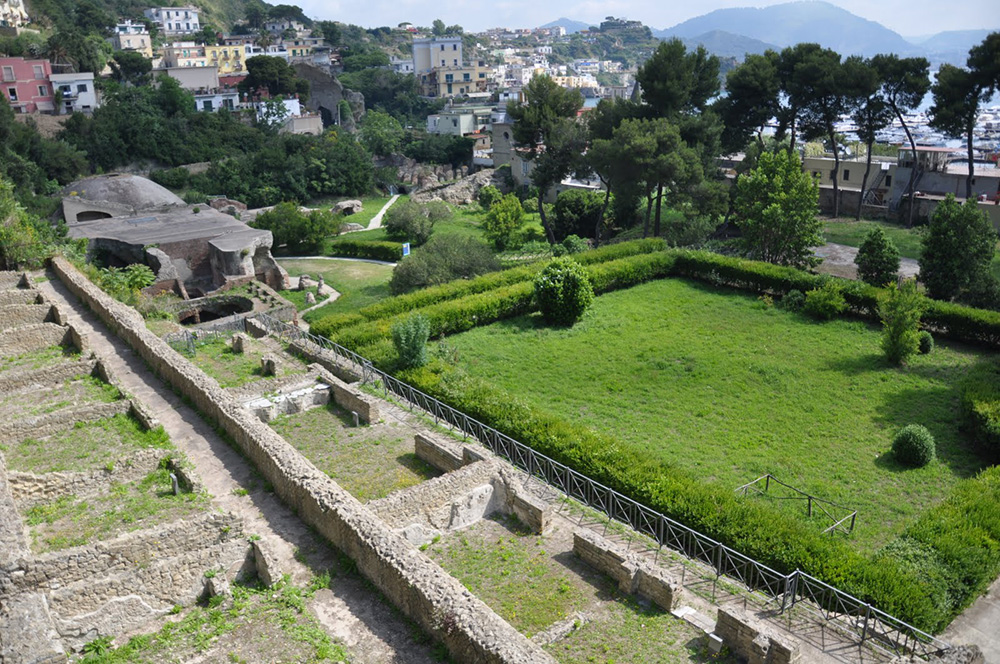
The archeological park includes baths and ruins taking you from uphill down to the sea resorts and harbor of Bacoli.
The Aragonese Castle and its archeological museum of Campi Flegrei (Bacoli)
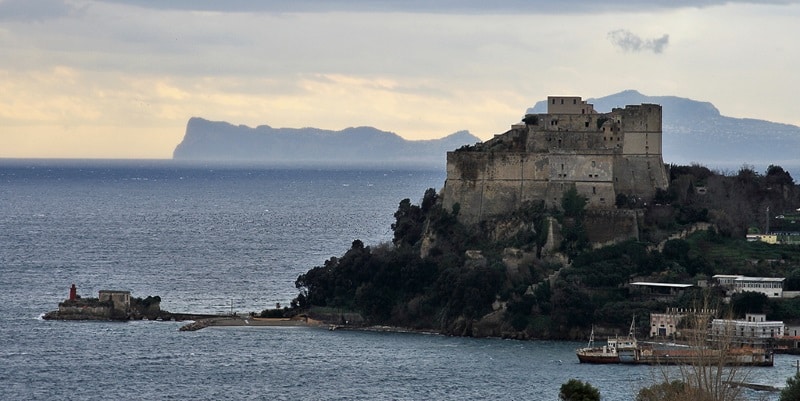
The Aragonese Castle overlooks the wonderful landscape, and the museum holds artifacts from the Greek colonization to the fall of the Roman empire.
The archeological site of Cuma (Pozzuoli)
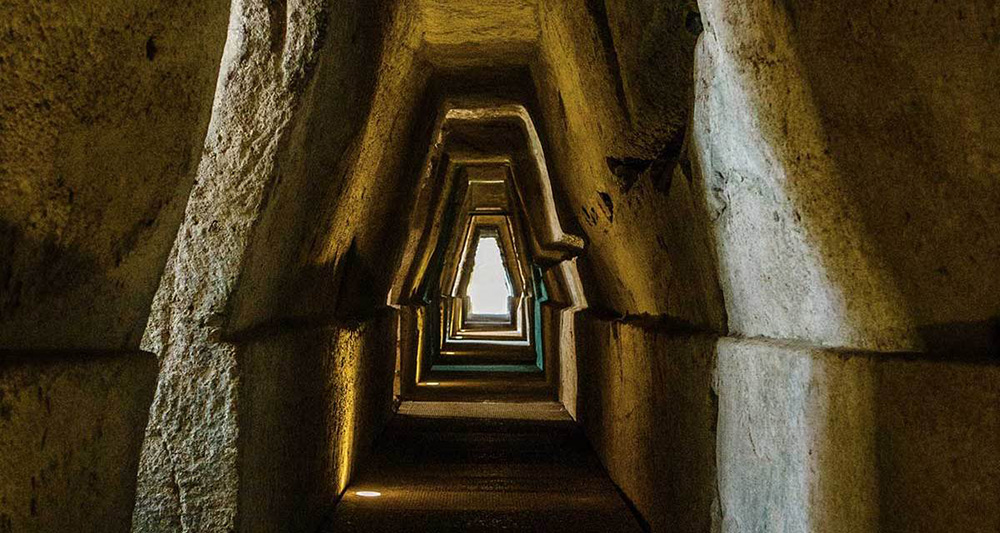
You can take a walk through the ruins of Cuma. It is well known to be home to the Sybil. Romans used to ask for her advice.
The Flavian Amphitheater of Pozzuoli
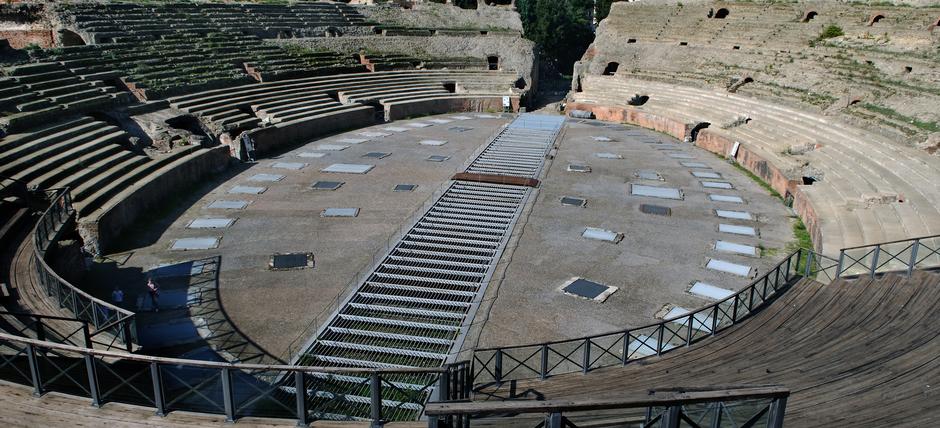
The amphitheater in Pozzuoli is a very good example of theaters survived to this day throughout the empire.




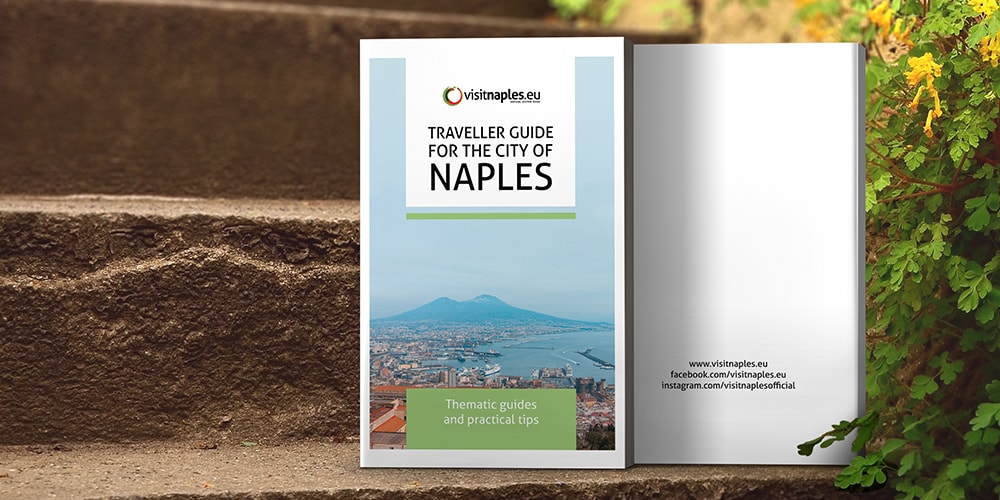





Lascia un commento